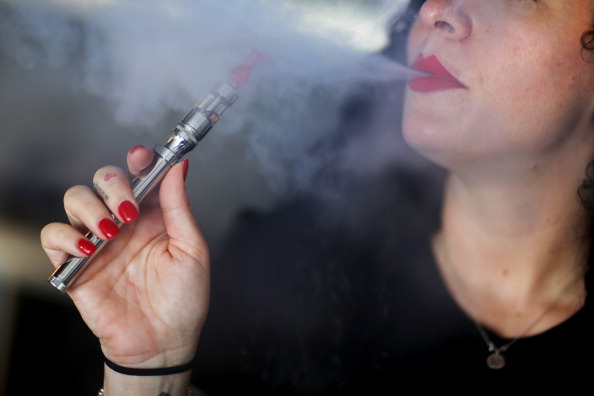
A new report on electronic cigarettes shows that their use has tripled among teens in the last year, which is spurring calls for government regulation and restrictions on their use. The report, from the U.S. Centers for Disease Control and Prevention, has provoked concern that teens will become addicted to nicotine and will eventually smoke conventional cigarettes.
The CDC's reports found that 13% of high school and middle school students are using e-cigarettes. Cigarette use among teems has fallen by 25% in the same time period that e-cigarette use has skyrocketed. Although e-cigarettes do not put smoke into the lungs and users are at less risk for developing cancer, they still put nicotine into the body. Nicotine is a drug that can harm the developing brain.
Anti-tobacco groups are calling for rapid changes in the regulations of e-cigarettes. "This puts real pressure on every level of the administration to get this done," Matthew Myers, president of the Campaign for Tobacco-Free Kids, said to Reuters Health. He was referring to the CDC data. "It means business as usual won't solve this rapidly growing public health problem."
In the United States, the Food and Drug Administration regulates cigarettes, loose tobacco, and smokeless tobacco. The agency has taken steps toward extending its authority to e-cigarettes and hookah pipes, as well as other products last year.
Some states are moving on their own to restrict sales of e-cigarettes to minors. At least 43 states have such laws and others are adding the use of e-cigarettes to laws against smoking in public places.
The FDA is finalizing a rule on selling e-cigarettes and paraphernalia to minors. After that, the new rule must be reviewed by the Department of Health and Human Services and then by the Office of Management and Budget of the White House to look for any potential economic consequences.
